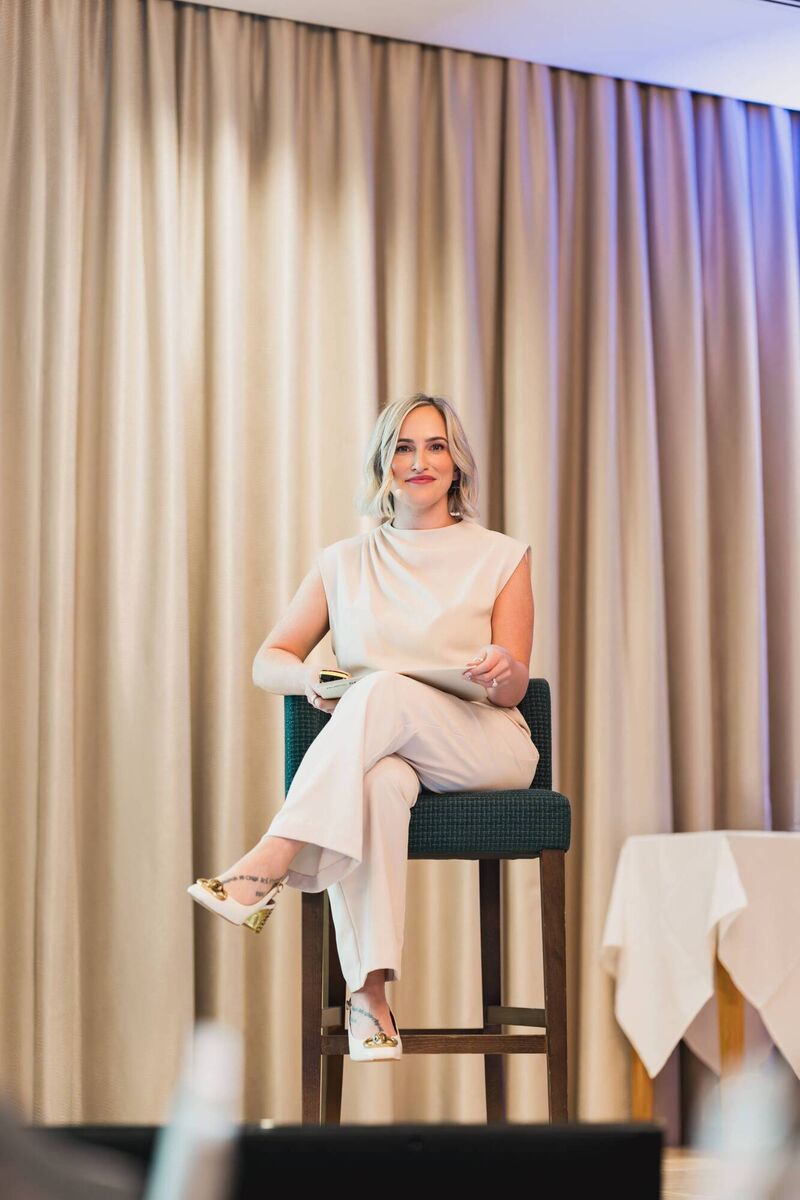September Reset: How to build resilience and be your best self

Jean advises: Have something like a bridging behaviour, which could be waking up in the morning, feet on the floor, a glass of water, breathe for a second, and then say, ‘right, how do I want to move through today?’
September is a popular time for setting goals and it’s sometimes seen as the ‘real’ new year.

“We have a culture of consuming more and more information… but if we’re not taking the learning and implementing it into changes in our behaviour, instead what we’re doing is we’re just creating a really well-informed inner critic,” says Jean.
- Find Jean on Instagram @Jeanyourbestself






 App?
App?


